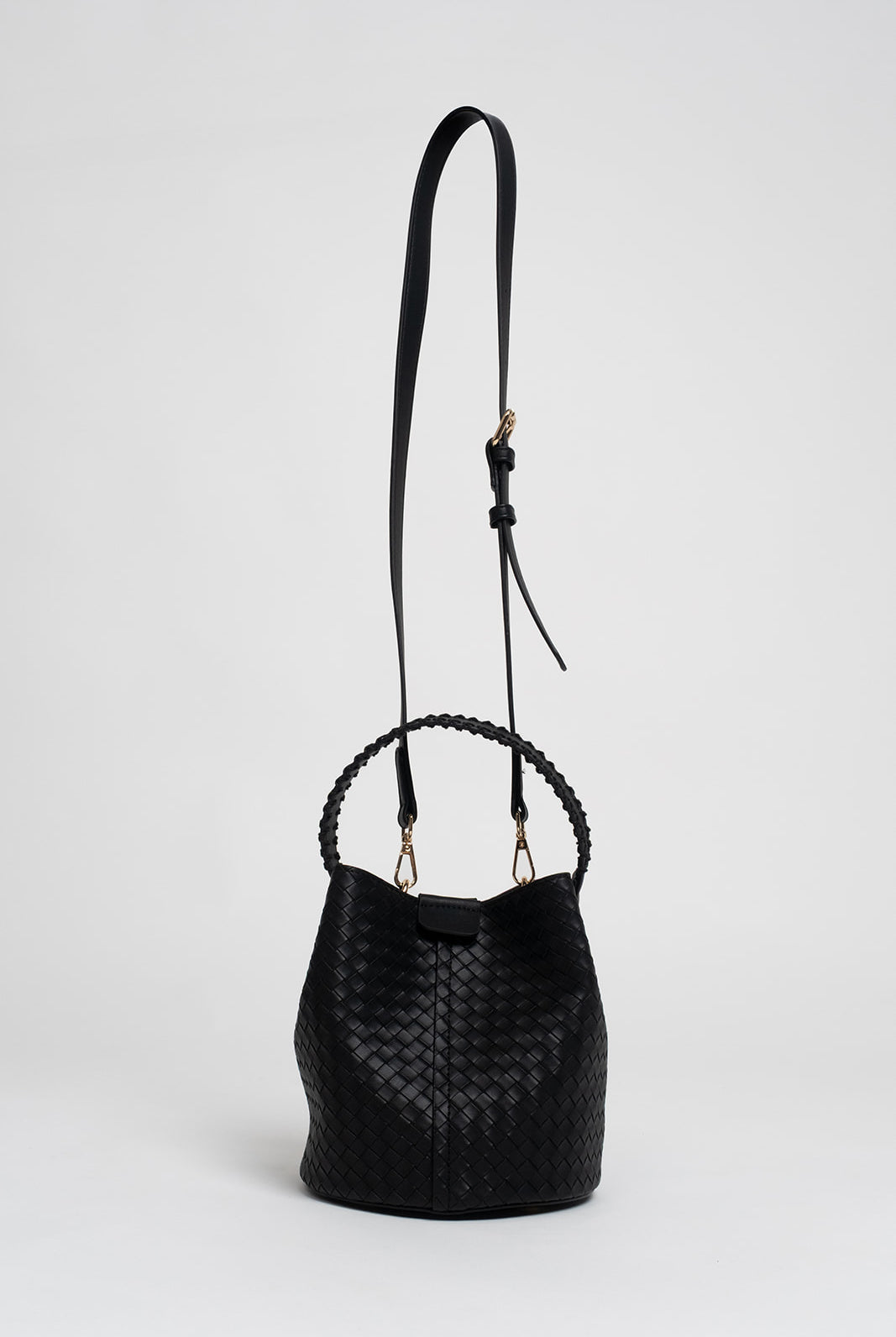Are you employed in the private sector and currently experiencing a loss of income? Whether this drop in salary is due to sick leave (illness, accident), disability, a change of company, a modification of your employment contract, or a career change, it can quickly become a real challenge.
So, how can you ensure continued or additional salary over time? If you’re an employee considering a new activity on the side, what are your rights and obligations—both towards your company and towards Social Security, especially if you’re receiving compensation?
Elora, a leading company specializing in at-home ready-to-wear sales, explains everything you need to know.
WHAT TO DO IN CASE OF SICK LEAVE OR DISABILITY?
When it comes to sick leave pay, Social Security provides daily allowances (IJSS), but these are subject to a waiting period and are capped. As a result, they don’t fully make up for the employee’s lost income. Any additional income maintenance will depend on your company’s policies: depending on your collective agreement or branch agreement, you may receive extra compensation to help make up for lost salary.
Another key factor is the so-called “provident” insurance, which you may have taken out yourself or which your employer may have set up. This type of insurance offers a guarantee that, depending on your contract, can provide extra compensation in addition to the daily allowances paid by Social Security (IJSS). This can help minimize or even fully compensate for your loss of income throughout your time off work.
It’s essential for employees to be well informed about the insurance and guarantees they have, so they can anticipate the financial consequences of time off work as best as possible, depending on its duration. A thorough review of your company agreements, as well as your insurance and provident contracts, will help you optimize your total compensation and ensure better income maintenance.
HOW TO EARN MONEY IF YOU LOSE YOUR SALARY?
There are several solutions available to help you cope with a loss of salary and maintain your overall income—and even increase it. One of the most effective is to take on a side job or additional activity for as long as you need.
In most cases, employees are allowed to supplement their salary part-time by taking on additional work, even on a regular basis, as long as it doesn’t harm the company that pays their main salary. Be sure to check your employment contract to make sure you’re within your rights, and especially that there’s no explicit clause forbidding a second job. Don’t wait until you’ve started to check whether your contract requires you to inform your current employer, and within what timeframe.
Contrary to popular belief, an employee on sick leave can work as a self-employed person and earn income as a freelancer, even while receiving daily allowances (IJSS), but under certain conditions. You must respect both your obligations to your employer and Social Security’s rules. In general, your side activity must not hinder your recovery during your sick leave or go against your prescribed medical treatment. It’s wise to be cautious: consult your doctor and check with your local health insurance fund (CPAM) to avoid any risk of your daily allowances (IJSS) being suspended.
As for employees with a disability, they can also work as freelancers, but this depends on their disability category and Social Security’s rules. Self-employed workers, including freelancers, may be eligible for a disability pension under certain conditions.
If you have a category 1 disability, you can generally combine your pension with self-employment. However, for a category 2 disability, it’s best to check with your local health insurance fund (CPAM), as this may affect your pension amount or even stop payments altogether.
It’s essential to meet all administrative requirements and make sure your activity is compatible with your health. Consulting a Social Security advisor or a labor law attorney is recommended to ensure you maintain your benefits.
HOW TO EARN EXTRA INCOME WITH ELORA?
If you love fashion and enjoy social and commercial interactions, offering your services as an independent home sales consultant (VDI) for a ready-to-wear company is an excellent way to expand your professional activity and see your income grow over time.
Elora has many positions available for Fashion Consultants, open to anyone looking to make up for lost income and/or generate extra salary in addition to any Social Security compensation.
At Elora, Fashion Consultants work as personal shoppers, making the role both fulfilling and rewarding. They are allowed to work under the simplified micro-enterprise scheme. This means they’re not employees under an employer’s authority, but independent professionals, while still enjoying the security of a proper contract.
This contract comes with many advantages. For example, Elora gives them the freedom to organize their schedule and working hours exactly as they wish, depending on the income they want to achieve. Personal shoppers develop their business from home or nearby, saving valuable time. This makes it easy to balance everyday life, a main job, and this additional work.
Their income is a non-capped percentage of sales, clearly stated in the contract from the start. It’s easy to calculate: just two sales per week (which can be done in the evenings or on weekends, depending on availability) can earn you the equivalent of a minimum wage salary!
Sales consultants can also take part in a variety of challenges to win gifts and trips throughout the year, strengthening their sense of belonging to a dynamic and welcoming company.
Become a Fashion Consultant for Elora.


























